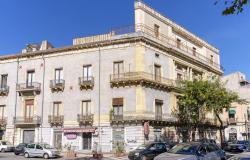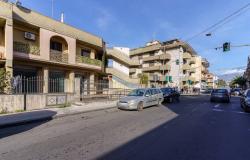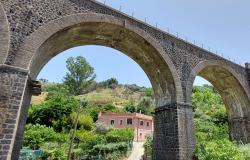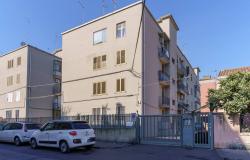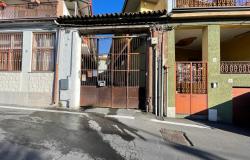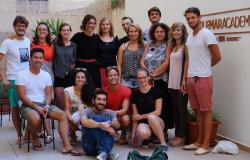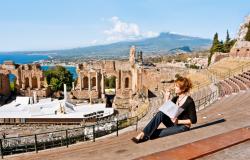 The most trusted courier for Mafia superboss Bernardo Provenzano was a leading member of a historic Corleone anti-Mafia organisation.
The most trusted courier for Mafia superboss Bernardo Provenzano was a leading member of a historic Corleone anti-Mafia organisation.
Bernardo Riina, one of three 'postmen' arrested a day after his boss last week, was the vice president of the Farmers' Union, a cooperative set up at the beginning of the 20th century to spearhead local farmers' struggle against the mob.
The man who founded it was one of many agricultural reformists and trade unionists gunned down by the Mafia.
But in recent years the Union had been reduced to a shell, operating out of a run-down building without even a telephone.
"We realised the cooperative's activity was non-existent and tried to close it down," Corleone Mayor Pippo Cipriani told ANSA on Tuesday. "We were trying to revive and preserve its historical importance. Just what the Mafia wanted to prevent."
Provenzano was tracked down to a farmhouse outside Corleone a week ago after 43 years in hiding.
Riina had free access to the hideout of the 73-year-old boss, who communicated with leading mobsters around Sicily using typewritten notes.
Police have been sifting through notes and letters found at the farmhouse and say they expect to make more arrests shortly.
Many of the notes concern public works contracts across the island. Police are also looking for DNA traces and probing the
ground at the farm for possible tunnels an bunkers.
Provenzano is believed to have had a close support network in Corleone, the town 40km (25 miles) south of Palermo made famous by the Godfather films. Investigators also suspect he enjoyed protection from local politicians and rogue police officers.
The boss, who took sole command of Cosa Nostra when his co-boss Toto' Riina was arrested 13 years ago, is now in solitary confinement in a high-security prison in Terni, central Italy.
He is due to appear before a judge this week to answer for crimes committed in the 1980s.
Provenzano has been convicted in absentia of a string of murders he committed as a young hitman and more recent assassinations he approved including the 1992 bomb slayings of Italy's top anti-Mafia judges Giovanni Falcone and Paolo Borsellino.
